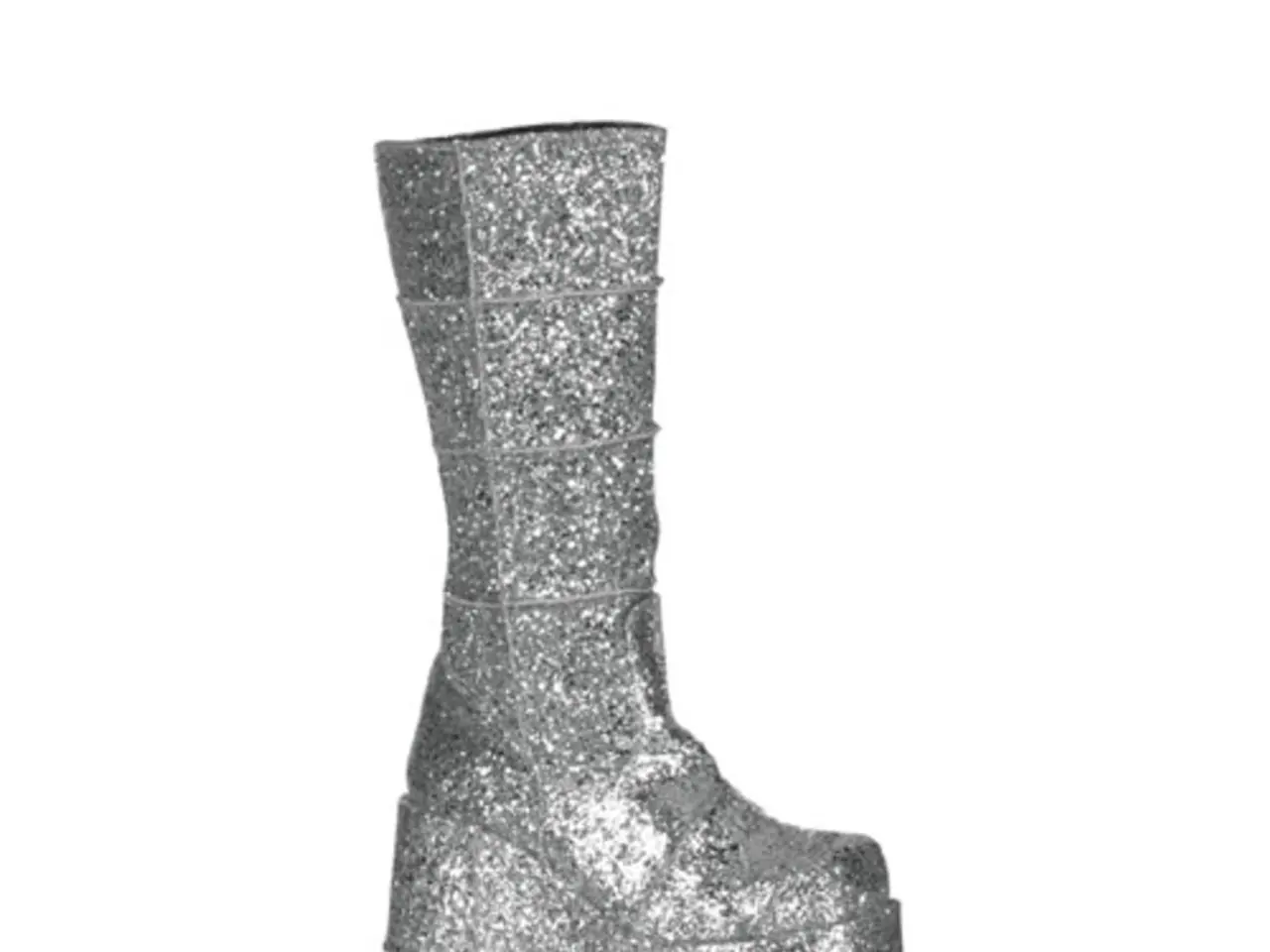Silver Nanoparticles: Potential Benefits and Potential Hazards
In recent times, the use of colloidal silver has gained popularity as a dietary supplement and alternative remedy. However, it is crucial to address the potential health risks associated with its consumption and the lack of scientific evidence supporting its benefits.
The primary well-documented risk of ingesting colloidal silver is Argyria, a permanent bluish-gray discoloration of the skin and mucous membranes caused by silver accumulation in the body. This condition, irreversible in nature, does not occur from typical dietary silver exposure but from excessive or prolonged ingestion of colloidal silver.
Moreover, colloidal silver can interact negatively with antibiotics and other medications, making it difficult for the body to process these drugs effectively. Use of colloidal silver has been linked to kidney disease, stomach problems, headaches, and other systemic side effects.
Despite historic uses of silver compounds like silver nitrate in certain medical treatments, there is no scientific evidence supporting colloidal silver’s efficacy for curing diseases or boosting immunity. Claims that colloidal silver can treat infections, chronic illnesses, or viral diseases, including COVID-19, are unsupported by clinical research or regulatory approval.
The Food and Drug Administration (FDA) has issued multiple warnings and letters to companies selling colloidal silver products with unproven health claims, especially those promoting it as a treatment for COVID-19. These warnings highlight risks to public health and fraudulent claims.
Colloidal silver is not approved for human consumption by the FDA and other national health bodies. Fatal poisoning has been suggested as a possible side effect of taking colloidal silver. It is essential to note that colloidal silver may contain levels of silver that are different from those advertised, increasing the risk of poisoning.
Topical application of products containing colloidal silver also poses risks to health. Taking colloidal silver can cause the skin or eyes to take on a permanent silver-blue tone (argyria). Under no circumstances should someone ingest products containing colloidal silver or silver salts.
In summary, colloidal silver poses significant health risks without scientifically validated benefits. Medical professionals recommend against its use for self-treatment, emphasizing reliance on proven and approved therapies instead. It is crucial to prioritize evidence-based practices and consult with healthcare providers when seeking treatment options.
- The use of colloidal silver has potential health risks, with one primary and well-documented risk being Argyria, a condition caused by silver accumulation in the body.
- Claims that colloidal silver can treat infections, chronic illnesses, or viral diseases, including COVID-19, lack support from clinical research or regulatory approval.
- The Food and Drug Administration (FDA) has issued warnings concerning the sale of colloidal silver products that promote unproven health claims, especially for COVID-19 treatment.
- Despite historical uses of silver compounds in certain medical treatments, there is no scientific evidence supporting colloidal silver's efficacy for curing diseases or boosting immunity.
- The FDA has not approved colloidal silver for human consumption and has suggested fatal poisoning as a possible side effect.
- Colloidal silver may contain levels of silver different from those advertised, increasing the risk of poisoning.
- Topical application of products containing colloidal silver can result in a permanent silver-blue tone on the skin or eyes (argyria).
- Medical professionals advise against using colloidal silver for self-treatment, emphasizing the importance of relying on approved therapies and consulting with healthcare providers when seeking treatment options.




